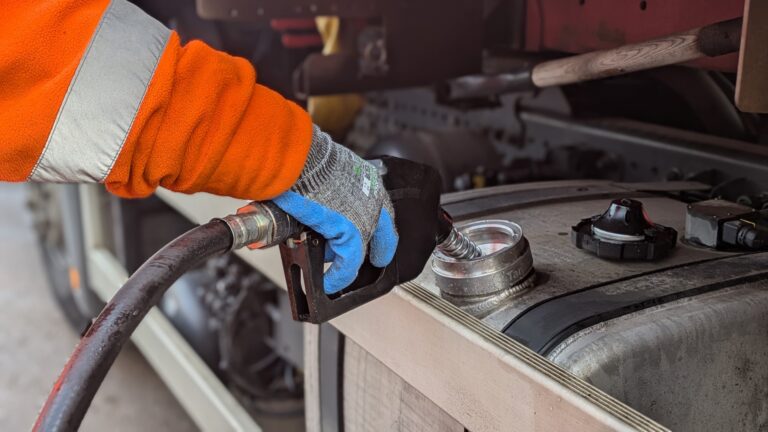
The move is part of Biffa’s broader commitment to cut emissions by 50% by 2030 and underscores the growing role of HVO as a practical, low-carbon alternative in sectors where full electrification remains challenging.
Made possible through its partnership with Certas Energy, this latest round of conversions takes Biffa’s alternatively fuelled fleet to more than 150 vehicles, spanning HVO and electric. The company has a target to transition 10% of its fleet to alternative fuels by the end of the year.
HVO, produced from 100% renewable and sustainable waste materials, offers an immediate and scalable 90% reduction in carbon emissions compared to traditional diesel. Additionally, it significantly lowers harmful emissions such as sulphur oxides and aromatics, contributing to improved air quality in the major urban areas where Biffa operates its transfer stations.
The impact of Biffa’s fleet transition is already significant – over the last six months, the switch to HVO has resulted in a reduction of more than 280 tonnes of CO₂ emissions.
Growing confidence in HVO
With a fully auditable and sustainable supply chain, HVO continues to strengthen its position as a transition fuel. Biffa sources its HVO exclusively from suppliers meeting the International Sustainability and Carbon Certification (ISCC) and the Zemo Partnership Renewable Fuels Assurance Scheme (RFAS) standards, ensuring no links to deforestation or environmental damage.
Monica Heenighan, Biffa’s I&C North Area Director, highlighted the company’s rapid progress: “In just six months, we’ve increased our alternative fuel fleet from 3% to 15% across the Midlands and North West, which is a fantastic achievement.
“HVO vehicles allow us to be greener faster and are a crucial step in reducing emissions. Achieving our 2030 target will depend on Government support for commercial vehicle infrastructure.”
Darren Holloway, Commercial Director for Energy Solutions at Certas Energy, reinforced the growing adoption of HVO: “After an excellent year for HVO, we are thrilled to support Biffa’s transition to net zero. Up and down the country, we are seeing more customers choosing HVO as a short and medium-term solution to immediately and drastically cut carbon emissions.”
HVO: A scalable solution
As one of the UK’s largest waste management firms, Biffa’s success with transitioning its fleet to HVO makes a compelling case for distributors and businesses exploring low-carbon alternatives in hard-to-electrify sectors.
With fleets increasingly embracing transition fuels, this continuing investment further strengthens support for HVO.
For fuel distributors, the message is clear: HVO is not just a stopgap – it’s a commercially viable, scalable fuel alternative that’s already proving its worth in fleet decarbonisation.
Image provided by Biffa.
